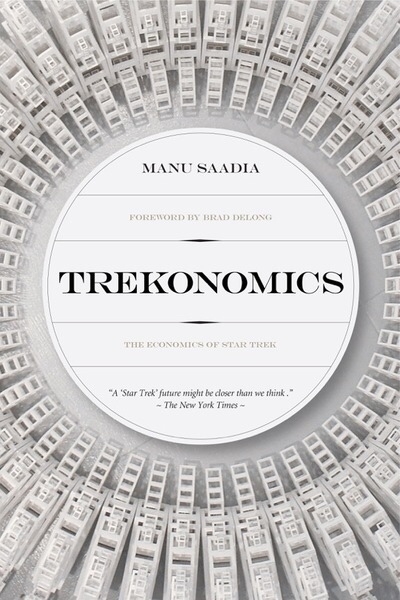Humanity
- Take more time eating breakfast
- Make it a point to go outside and get on your hands and knees. Find something tiny, something fragile.
- Observe the processes going on around us, especially those of the natural variety.
- Find nature even if you’re in an urban setting. Seek it out, preferably on foot.
- Plant a seed and make sure it grows. Best if it is something you can eat like a tomato.
- Be okay with being small.
- Think about your use of resources, especially fossil fuels. Reduce travel especially if it requires a plane or auto. Embrace trains and bicycles for travel.
- Reduce your use of resources. Then reduce it again. And again. Don’t stop.
- Increase your capacity to renew life around you. Start small. That tomato plant needs friends. Why not grow a pepper and some basil too?
- Take time to learn about the non-human species that inhabit your region.
- Mulch something. Mulch some of your grass lawn if you have a lawn. Grass lawns are a waste of resources. *Plant fruit trees or fruit bushes.
- Compost your organic waste. Don’t forget to dig into the pile every so often to check out the process.
- *Your tomatoes, peppers and basil are probably a little lonely. Plant some native wildflowers. There’s a bird or a butterfly just waiting to be fed by the flowers you plant.
- Remember, smaller homes require fewer resources to build, maintain, heat and cool.
- Share resources with your friends and neighbors.
Looking at other galaxies
One of the best things about living under really dark skies and having a decent telescope is viewing other galaxies. While I equally enjoy the many beautiful objects in our own galaxy such as nebulae and globular clusters, the hunt for distant galaxies has a meditative quality for me. Sometimes the finding is a bit of a let down. For example, last night I went looking for NGC 7042, a spiral galaxy. It took some doing but I found it. It’s 250 million light years away. Yeah. It was the faintest little smudge of light barely detectable on a very clear night with a decently sized telescope (12.5 inches). When I find these really faint ones I always laugh at my disappointment. Yes, it is a galaxy filled with billions of stars and yes, I just sighed in disappointment. But, but, it’s 250 million light years away I remind myself. Not only that it is moving away from us at 5,083 kilometers per second or, 1.7% the speed of light. There will come a time in the distant future when that galaxy and others are no longer visible from Earth. The stretched out light will no longer reach us. The Universe is expanding and that expansion is accelerating. Eventually galaxies that are currently visible to us will blink out. Of course, by that time we’ll likely not be here to notice.
The thing about viewing other galaxies is that it helps frame the scale of the Universe. When I look at the star Vega I’m seeing a star that is only 25 light years away. Yes, still a vast distance from our perspective. But it’s in our local neighborhood so to speak. In fact, it’s like a neighbor on our own street. Funny thing, the stars we see when we look up without a telescope are all in our local neighborhood. We’re only seeing about 6,000 of the very closest stars in our galaxy of 200 billion stars. When I look at the Orion Nebula I’m looking at something that is only 1,400 light years away. Sure, that’s a good bit further than Vega but again, remember that our Milky Way galaxy is an average of 100,000 light years in diameter. So, Orion is still very much in our local neighborhood.
[caption id=“attachment_928” align=“alignnone” width=“2560”]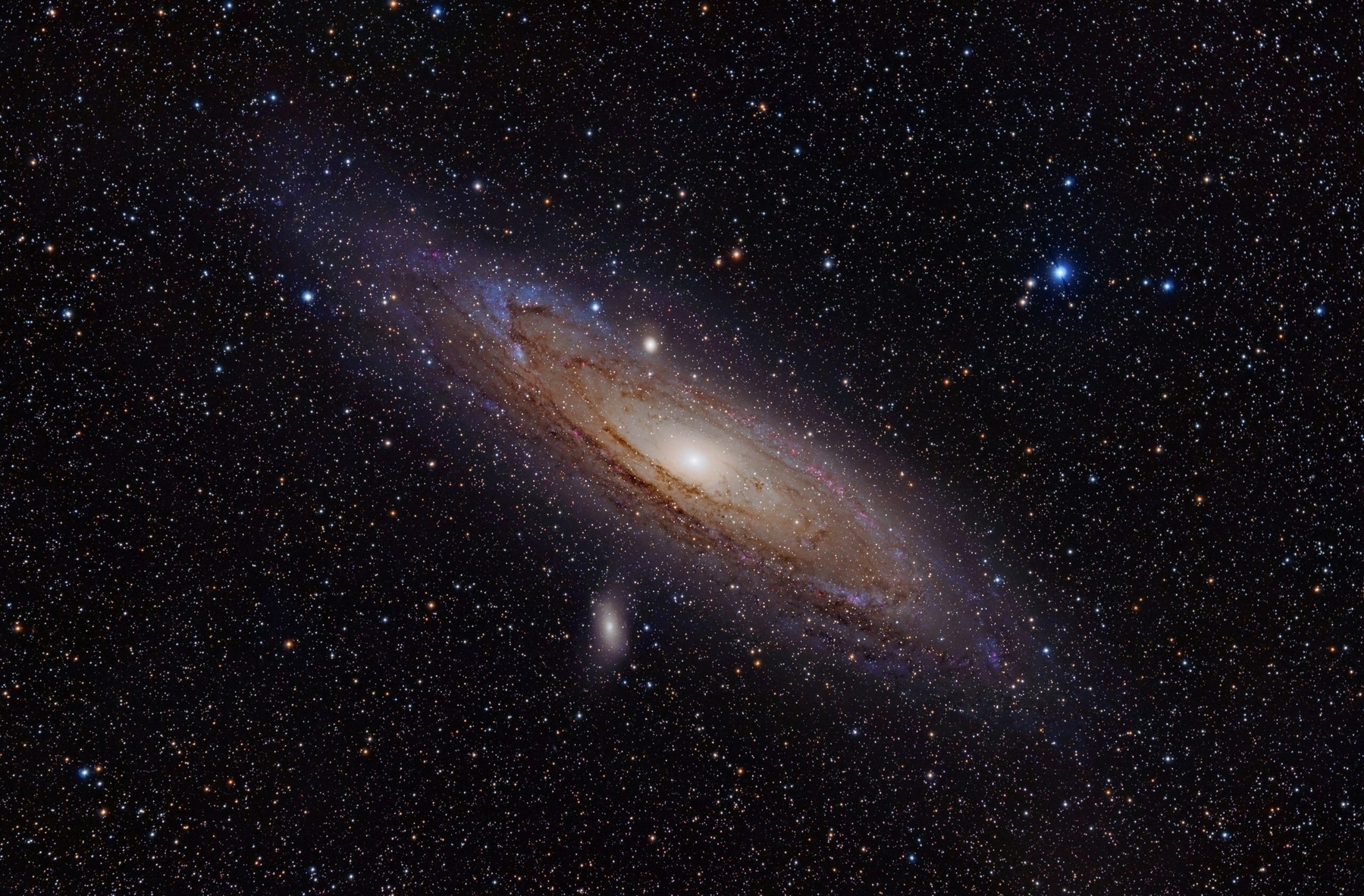 The Andromeda Galaxy is the largest galaxy of the Local Group which consists of about 45 other galaxies including our Milky Way.[/caption]
The Andromeda Galaxy is the largest galaxy of the Local Group which consists of about 45 other galaxies including our Milky Way.[/caption]
But back to the viewing of galaxies, the easiest to view from the Northern hemisphere of Earth is Andromeda which is “only” 2.5 million light years away. It fills the eyepiece of my telescope and can actually be seen with the naked eye if you’re under dark skies. I have no problem picking it out from the stars of the Milky Way. It’s oval of faint light is actually quite large and fills an area larger than the full moon in our night sky. It’s quite close and in fact, billions of years in the future we will in fact merge with Andromeda. I viewed Andromeda just two nights ago. I also viewed the Bode’s galaxy, M81 and the Cigar Galaxy, M82 which are a pair of galaxies 12 million light years away and are fairly bright and easy to find with a telescope. In 2014 a star went supernova in M82 and we were able to view it from Earth. Quite a show! So the pair is, in the larger scale of things, quite close. A bit further than Andromeda but not nearly as far as the 250 million light years that makes NGC 7042 so faint.
Faint and distant or bright and close, viewing other galaxies is a thrill because it means looking at the starlight of hundreds of billions stars. As those photons stream into my eyes I’ve got a direct connection with the ancient starlight created by billions of suns. It is light that has been stretching through the Cosmos for millions of years and ends its journey in my eye. The experience is one which enhances my perspective and gives life on Earth an added dimension. In seeing such distant worlds I begin to contemplate and understand the scale of the Universe in a way I had not before. It has changed who I am as a human as well as my understanding of what it means to be human.
Star Trek: A Future Without Money?
Yes please. Where do I sign up? I’ve long thought that humanity would be better off without money. Whether this personal belief arose from my adoption of anarchism or whether I adopted anarchism because of the belief I no longer remember. Regardless, the future I wanted was a future in which humans were less concerned with the accumulation of wealth as well as the accumulation of stuff. Such a focus was holding us back from not only our individual potential but our collective potential as well.
During the same time that I was evolving into an anarchist and an activist I was also becoming a fan of Star Trek. In particular it was the then active series, The Next Generation that had my attention. Something I picked up on at some point along the way was that money and material possessions seemed irrelevant to the characters. I don’t recall now if it was explicitly discussed in the course of the show but it seemed to be the case that money simply didn’t exist. At least not on the Enterprise. The material needs of the crew were never an issue. But even more than that, the culture of the Enterprise, while organized as a hierarchy, was also egalitarian in many ways. There seemed to be an emphasis on cooperation even as personal, self development was encouraged and explored. From the arts to sciences, the crew were always engaged in self development. What was depicted was a version of humanity that evolved far beyond where we find ourselves today. It presented a better vision, an ideal, of what humanity could be. This was the future I wanted, this was the kind of humanity I hoped for.
At some point in the mid 90s I remember watching this particular Star Trek movie, Star Trek: First Contact and there it was a scene in which Captain Jean-Luc Picard explained that “The acquisition of wealth is no longer the driving force of our lives. We work to better ourselves and the rest of humanity.” There it was. Not just implied but explicitly stated. Yes! Exactly. And this, again, Picard from the episode “The Neutral Zone”:
“That’s what all this is about. A lot has changed in past 300 years. People are no longer obsessed with the accumulation of things. We have eliminated hunger, want, the need for possessions. We’ve grown out of our infancy.”
This particular aspect of the Star Trek Universe is explored in a new book, Trekonomics, by Manu Saadia:
Yet, Star Trek does not owe its enduring popularity and its place in our collective imagination to its aliens or to its technological speculations. What makes it so unique, and so exciting, is its radical optimism about humanity’s future as a society: in other words, utopia.In Star Trek, humanity has reached abundance. Thanks to scientific progress and good governance, the Federation has overcome the social ills commonly associated with the uneven distribution of material wealth. The citizens of the Federation no longer work to sustain and provide for themselves — they find meaning in more elevated pursuits."
I’ve not read it yet but I’ve just started it. From the Introduction:
To this day, the greatest sense of wonder I experience from Star Trek comes not from the starships and the stars, new life and new civilizations, but from its depiction of an uncompromisingly humanist, galaxy-spanning utopian society.
We are a far, far cry from that version of humanity. But that’s okay. Because, again, the point is, we can all be better humans. The world is what we make it everyday. We can choose to go with the flow which today is largely one of destruction and discordance or we can, like the characters of the Star Trek universe, strive to improve ourselves and the lives of those around us. We don’t need to be paid to be better humans, we can just do it. In fact, that’s a part of the point. Striving to be better for the sake of being better, without financial reward, is, in and of itself an immediate improvement. Even more, if our striving is cooperative and includes those around us. This is the world I want to create.
Via New Book ‘Trekonomics’ Investigates Challenges of a No-Money Universe
Big on Small
I’m big on small and have been for much of my adult life. Not just small but tiny if at all possible. What might it mean to be small?
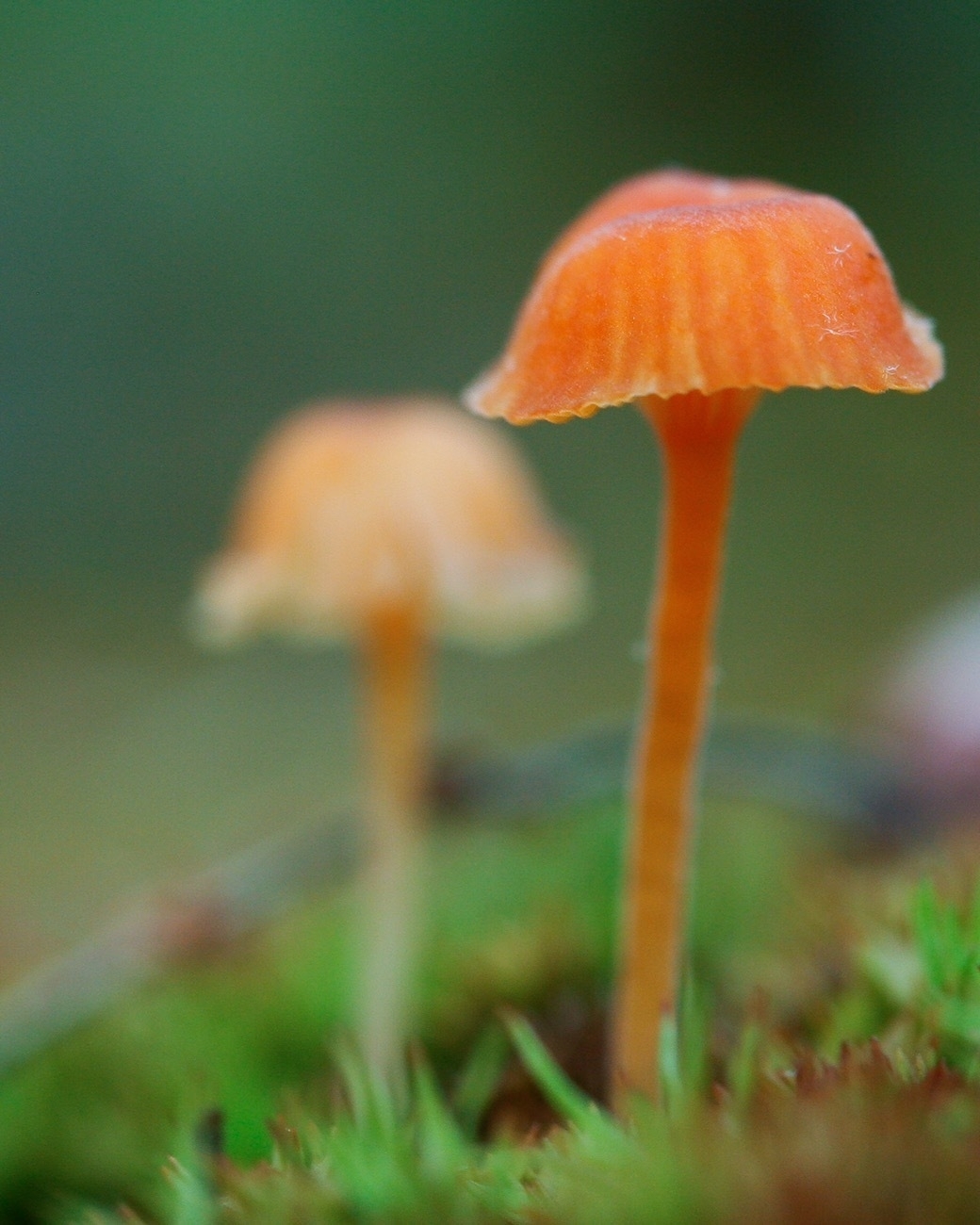 I’d suggest that we just start by acknowledging our own smallness. We spend much of our lives in a relentless effort to find or create our identity which is a part of proving our worth to the world around us. It might be that we do this with good deeds or, as often seems to be the case, with accumulation of one sort or another. It’s this latter bit that leads so many to a lifetime of bigger houses, faster cars, prettier clothing.
I’d suggest that we just start by acknowledging our own smallness. We spend much of our lives in a relentless effort to find or create our identity which is a part of proving our worth to the world around us. It might be that we do this with good deeds or, as often seems to be the case, with accumulation of one sort or another. It’s this latter bit that leads so many to a lifetime of bigger houses, faster cars, prettier clothing.
[caption id=“attachment_812” align=“aligncenter” width=“1300”]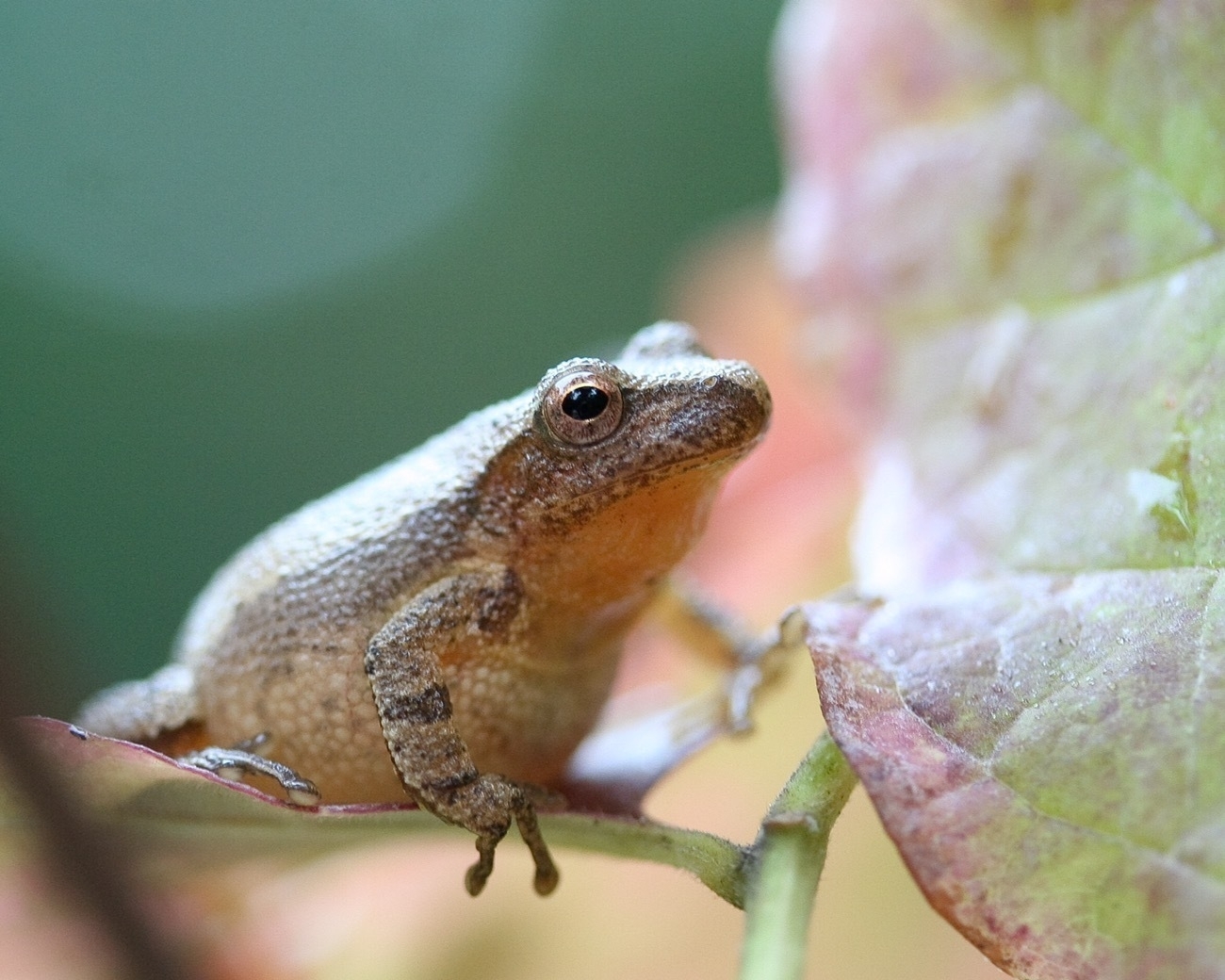 Spring Peeper[/caption]
Spring Peeper[/caption]
But really, we are, each of us just a tiny being sharing a tiny planet with 7 billion other tiny beings such as ourselves. And, of course, our tiny planet is just one of many billions in our galaxy which is itself just one of many billions in the known universe. To say that we are small is an understatement. And yet, our scale, both in physical size as well as in time, is what we experience day to day. It’s what we know and what we function in.
[caption id=“attachment_813” align=“aligncenter” width=“1300”]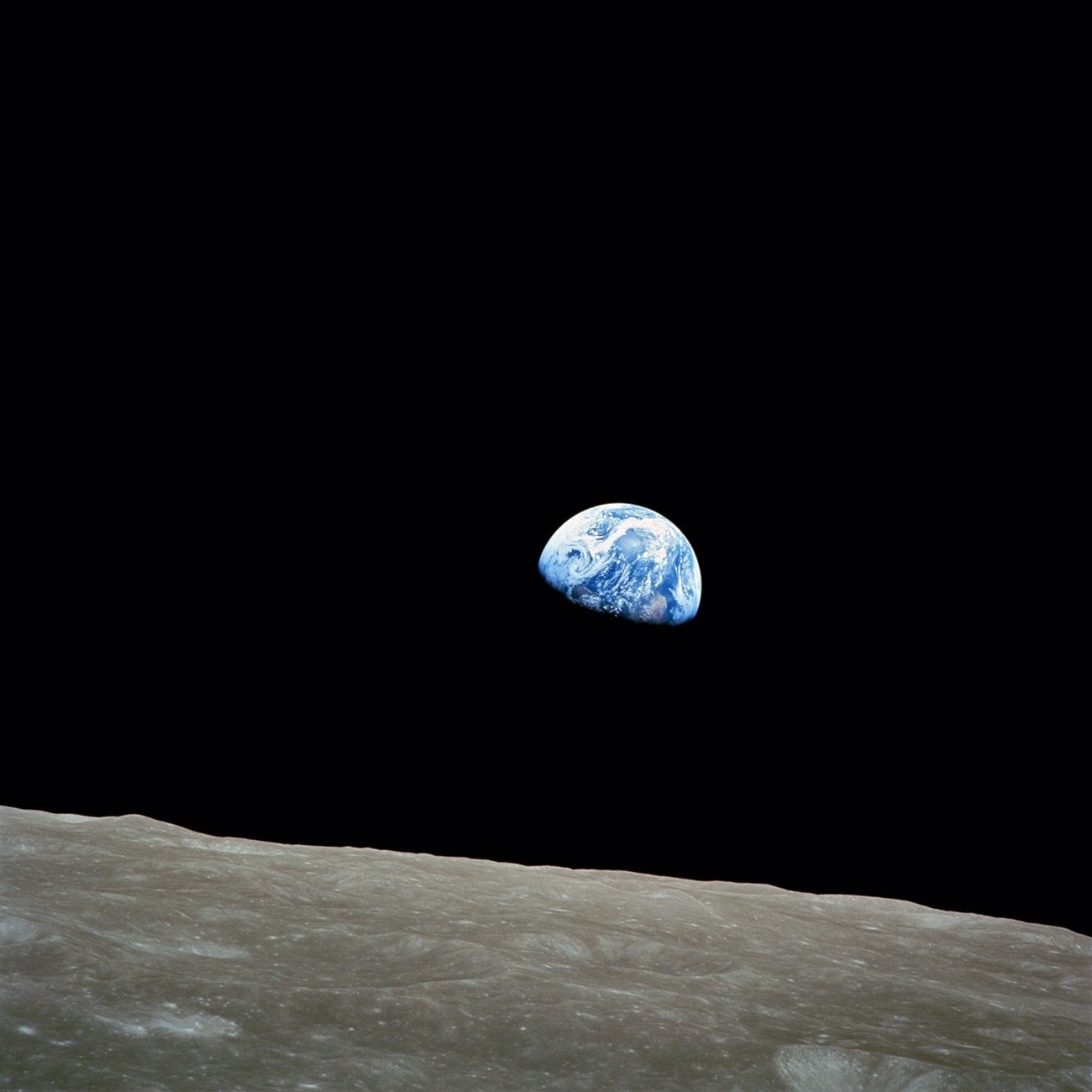 Earthrise[/caption]
Earthrise[/caption]
Our lives are small in so many ways. In the span of humanity we are but a tiny blip. Humanity itself is just a moment in the larger span of time. It’s easy to feel insignificant and in a strange way we many of us spend much of our lives trying to prove ourselves otherwise. Steve Jobs referred to it as “putting a dent in the universe.” The striving to leave a mark, to leave our mark. Sadly, in our striving to leave a mark, the collective mark we may leave is more a scar on the tiny planet we inhabit. Our mark might well be not just our own extinction but it is, as I write these words, the extinction of many other species.
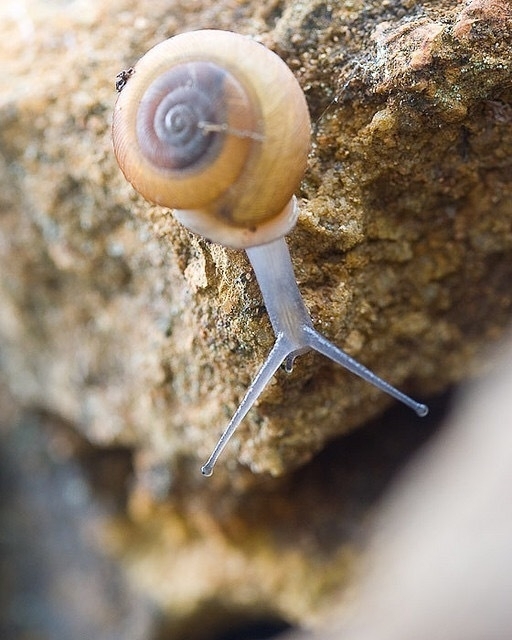 Another example of small is small as in intimate, which is to say, being aware of the simple things up close. When I take a walk in the woods I walk slowly. I’m happy to take a long hike for exercise but to truly explore I only need to venture out a few hundred feet outside my door. More often than not we miss the little detail going on all around us. It might be a cluster of tiny fungi growing in a carpet of moss. Or a snail moving across a rock. Those tiny things are easy to miss, especially for adults. We get busy with making life complicated and we tower so far above our toes that we rarely take the time or make the effort to see the world around us from a different perspective. Some of the most interesting stuff of life happens on this small scale.
Another example of small is small as in intimate, which is to say, being aware of the simple things up close. When I take a walk in the woods I walk slowly. I’m happy to take a long hike for exercise but to truly explore I only need to venture out a few hundred feet outside my door. More often than not we miss the little detail going on all around us. It might be a cluster of tiny fungi growing in a carpet of moss. Or a snail moving across a rock. Those tiny things are easy to miss, especially for adults. We get busy with making life complicated and we tower so far above our toes that we rarely take the time or make the effort to see the world around us from a different perspective. Some of the most interesting stuff of life happens on this small scale.
 What begins as awareness can grow into appreciation and respect. It’s been my experience and observation that in the hustle and bustle of “modern” life we have disconnected from many important processes that are obvious if we’re paying attention but easily invisible if we’re not. Everything from soil building via decay to the hatching of turtle eggs to the transformation of a Monarch from larvae to butterfly. Life and death is happening all around us.
What begins as awareness can grow into appreciation and respect. It’s been my experience and observation that in the hustle and bustle of “modern” life we have disconnected from many important processes that are obvious if we’re paying attention but easily invisible if we’re not. Everything from soil building via decay to the hatching of turtle eggs to the transformation of a Monarch from larvae to butterfly. Life and death is happening all around us.
[caption id=“attachment_816” align=“aligncenter” width=“1300”]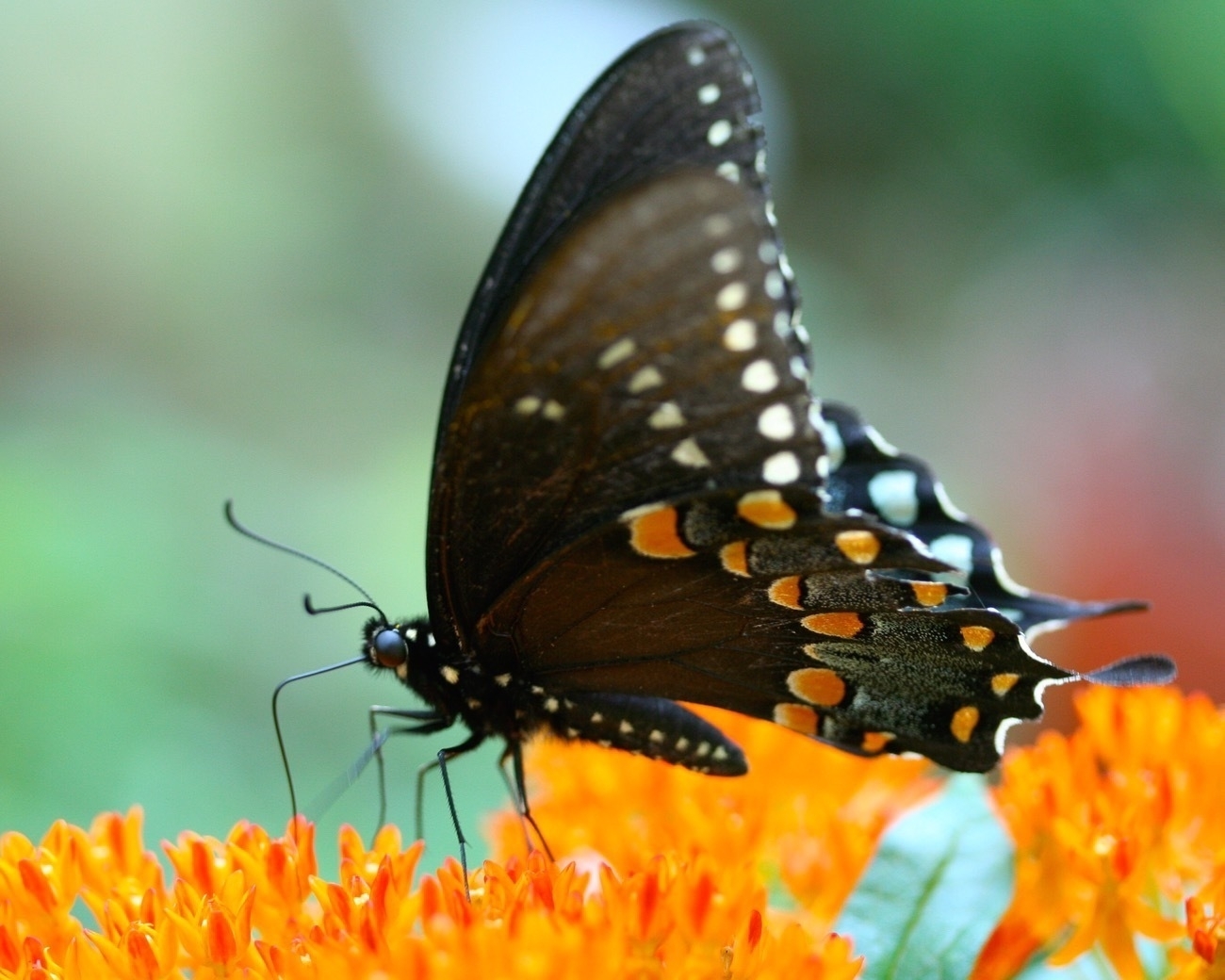 Spicebush Swallowtail nectaring from Butterfly Weed[/caption]
Spicebush Swallowtail nectaring from Butterfly Weed[/caption]
I’ll admit here the limits of these words. As much as I respect science and the scientific method I’m not a scientist and what I can offer here is personal perspective based on observation. Like many of the words shared throughout history, be it on paper or pixel, I am, in my own way, reaching out. Not so much to convince as to connect. Might I suggest we might do better embrace small? It is really just another way of suggesting that we embrace fragility. That we acknowledge that the life on our planet rests precariously on a tiny edge that we are collectively tipping out of balance.
So, how might this embrace manifest itself in how we live our lives? I’ve got a list! By no means exhaustive. Just a few of the things I try to implement in my life. Just something to get you started.
Alone but not lonely
I’m going to tell you a story about being alone. Not necessarily lonely, but alone. There’s a difference which we’ll work out as we go. The story starts in a washroom beside a washer and a drier when an 11 year old boy came to the conclusion that he would never have someone to be with. As I recall I was in there helping my mom with the laundry (or possibly looking for a toy as one wall was a sort of storage catch-all). I do not remember how our conversation became centered on my future but I do recall crying. I cried a lot. Somehow my 11 year old brain had come to the certain fact that I would end up old and without a partner. I remember my mom trying to reassure me that whatever I might be going through, whatever doubts I had, that there was much life in front of me and that I would have plenty of time to find someone special. I suppose such fear and uncertainty is a part of growing up. We all have a bit of heartbreak and fear of the future.
After 47 orbits around our sun I find myself alone in my life. But not lonely. I remember at some point around 15 years ago coming across someone making a distinction between being alone and being lonely and it stuck with me. This person pointed out that it it’s quite possible to be surrounded by people and to feel lonely or isolated. It’s also possible to be alone, with plenty of space between one’s self and other humans and not feel lonely. The key is a sense of connection to life in a general sort of way. At the time it made sense and yet I had a sense of being in both places, of being both lonely and alone. I was in Memphis living at the deCleyre Co-op, a housing cooperative I’d help set-up a sort of communal activist house. During my five years there I lived with approximately 45 different people of varied backgrounds, ranging from 7 to 14 at any given moment. Many of them students but not all. The common theme was a desire to change the world, a desire to have a positive impact in our city. Another common theme was I was always the oldest person there. When we set up the house I was around 29 and I moved out when I was 34. Actually, there were two others a little older than me, co-founders that both moved out within the first six months.
Those were some interesting years. The co-op was like living in a beehive. There was a perpetual buzzzing of activity and the people I shared life with were in a constant state of growth and flux. I was too. We ran a pirate radio station and set-up community gardens. We hosted conferences and traveled to conferences. In the time I was there we hosted something like 250 travelers ranging from puppeteers to punk rock bands to pastors taking a caravan of food to Cuba and many others. We published a little community newspaper. We replaced a roof. We had a small house fire in our attic when a squirrel chewed threw old wiring (luckily not the portion of the roof we’d already replaced!). We had a fire on a porch when a cigarette butt ended up in between the cushions of a couch. It was a lively place.
By the time I moved into deCleyre I was in the middle of my third “serious” relationship. I’d had a one year relationship my last year of high school into my first year of college. Not all that serious but she was my first girlfriend so I’ll file it under serious. Then a four year relationship that involved a 2 year marriage. This third relationship lasted almost five years and was the best of the three. I’d had some practice by that point. She was younger than I and had not had much practice but we did pretty well together. For awhile. It was a strange ending in that it was very rational. We both knew it was time to end it and we both did pretty well with it. We remained friends though we’ve not spoken in some time. I look fondly on those years partly because of her, partly because of many things I was a part of.
But there was a divide, perhaps it was the age difference. I seemed to always be about 8 years older than the average age of my housemates. It showed in that I was the one who tended to have steady employment and was the one mostly likely to be handling administrative duties. I was the only one with a college degree. While I was still active, still growing, I was past the hyper-development and flux that people go through in their late teens and early twenties. I think this was a part of feeling set apart from my fellow housemates and activists. At one point a couple of them nicknamed me the “bearded dictator” which was pretty funny given we mostly considered ourselves anarchists. But from the perspective I was too serious, always pushing others to take things more seriously. Always asking for their share of the mortgage payment or most likely to be raising a ruckus about chores not being done.
Something else that happened during my life in Memphis was making a decision that I would not have children. I think I was 23 or so and to my young eyes humans were overpopulating and over using the world’s resources. I didn’t see a very happy future for humanity or the planet, why bring a child into that world. But it was another way in which I seemed to set myself apart from most of the folks I knew especially family. They were all following along with the steady stream of middle class, suburban America. It would also prove to be a factor in the ending of at least one relationship.
I left Memphis in 2004 and have been in Missouri ever since. I wasn’t planning on staying but we had some land left to us by my grandparents and when the economy seemed to be blowing up in 2008 it seemed like staying put was a good idea. With a bit of help from my brother-in-law I built a tiny house and settled into a quiet life of gardening and freelance web design. I was sure the economy was going to spiral into something akin to the Great Depression. I’d not had a romantic relationship of any seriousness in eight years when I moved into the cabin. To be honest, I wasn’t looking. That’s the thing about being alone but not lonely. I’d gotten to be pretty good at being by myself. I was content. I felt a deep connection to the life going on all around me. At some point along the way I think I’d decided that humans were more trouble than they were worth. A selfish species unable or unwilling to share the planet. I was happy to spend my days with chickens, a dog and cat, a goose and a deer. Oh, and frogs. Frogs are adorable.
I was 44 years old and not all that concerned with finding a partner. I’d created the kind of life that was pretty far outside the norm. So, it was a strange and unexpected thing to find myself in a new relationship with a woman in the spring of 2013. Not just a woman but a woman with seven kids. Seven. Kids. But it seemed to work. She was coming out of a lifetime of Christian fundamentalism and a dysfunctional marriage. Did I mention she had seven kids? See, though I’d made a decision not to have any children I actually thought I’d be a decent father. And I’d lived with 45 different housemates in Memphis. And 245 travelers. I could do this. And I did. For two years and six months. I think she would even agree that I was attentive and pretty good at parenting. And then it ended. I think if you were to ask friends or family they’d tell you the end was largely due to the English fellow she’d met via a book review on Amazon. It’s a bit simplistic but it probably started with that. The larger reason is a bit bigger and not the point of this post. Suffice it to say that someone stuck in fundamentalism from the age of 18 is also someone who will change a great deal when she is free of it.
At nearly 47 years I find myself alone again in my cabin having just spent two and a half years in a serious relationship with a woman and her seven kids. I’m stubborn and thought we should make a go of it. Relationships don’t come easy and ours was pretty good or so I thought. She disagreed and in November I moved out at her request. The onset of winter is a difficult time to move back into a quiet cabin. There would be no gardening or growing of things. No chickens. The woods were slumbering. I no longer had my dog who I’d put to sleep 8 months prior as she was 15 years old and blind and in daily pain. Luckily I had my cat. The winter of 2015–16 was the loneliest time of my life. I wasn’t just alone, I was lonely. At some point in the middle of it I remembered that day I cried with my mom in the washroom.
But as I write I look out my cabin window and see tiny silver droplets on the redbud leaves. The rain has been coming down for two days and the forest has returned to life. There are hummingbirds buzzing by me as I tend a new garden. I have a new puppy that never gets enough walks. Every day I am visited by geese with their goslings. I see them now, coming up the path in search of the bearded guy that will give them corn. It’s nice to have company.
Vulnerability, change and growth
Yes, yes, I know. I’ve brought up the recent ending/change of my recent relationship with Kaleesha a lot recently. It figures in. Much of what I’m thinking about at the moment is where I went with that relationship and what it means for me. In the spring of 2013 I hadn’t really been looking for a relationship. I mean, I was open to that sort of thing but I don’t recall it being a high priority at any point in the years since I left Memphis. I’d settled into something fairly comfortable for myself. And yet, here was a new friendship that seemed to be evolving into something more. As much as I was comfortable with my life I’m also someone that rolls with life. I kinda jumped in. I didn’t know there it would lead but I thought it would be worth the risk. She is a wonderful and lovely person as are her seven wee people.
Vulnerability. You see, when we decided I would move in, that we would have a go at a partnership, well, at that point it was no longer just about connecting and growing with Kaleesha, but also about connecting and growing with her seven children. Many years ago I’d made a decision to never have children.. My decision to not have children was not based on a dislike of kids or an aversion to the idea of being a parent. In fact, I’d always thought I would make a good dad, a good parent. My decision was based on my belief that the planet already had too many humans, many of which are living without much thought for the future. It’s a natural part of being a human animal to want to procreate but for me it was a sacrifice worth making. Having children didn’t seem fair or responsible to them or to the other species on the planet. In any case, it was a decision I stuck with but I always wondered about how it would have gone for me in that role. In the short time I lived at Make-it-Do Farm my thoughts about my ability and desire to parent were, for the most part, confirmed. Well, it really was fairly early in the process when it ended but it was going pretty well.
But of course, I wasn’t really prepared for it. My skin was too thin. I had (have) much to learn about loving unconditionally. I suspect that parents, biological parents, have an opportunity to grow into that relationship, into that kind of giving. That’s probably obvious. But for someone who’s never had kids, well, there is no slow evolution. It’s all a bit more abrupt. One does not move in with a woman with seven kids without a certain willingness, a certain commitment to stretching and growing, to being a responsible adult. As well as a certain willingness to being hurt.
But for me, in the context of my move into Kaleesha and the kids’ lives, vulnerability was not just about the process of parenting, not just about the process of learning to love children not my own, but ultimately also about loosing them. I could not be certain that Kaleesha and I would last though I thought we would. I wouldn’t have moved in if I had thought otherwise. But I knew I was putting myself in a position in which I might end up hurting. But that’s life. It’s a risky adventure sometimes.
There’s an openness that comes with connecting with the life around us. It often means pain, real pain because, frankly, we live in a world full of pain. Suffering is everywhere. Injustice is everywhere. I find it overwhelming at times and yet I keep breathing. We may well be in the middle of the 6th great extinction and yet, there is only so much I can do. Only so much any one of us can do. So, sometimes I’ll cry. Other times I’ll laugh. Mostly I’ll try to breath in and take it all one step at a time.
So I took a risk, I had an adventure and now I transition back into my old life. But it’s not my old life, it’s something new in the space I lived in before because I’m no longer the Denny that left his cabin and his garden in the spring of 2013. Just as I’m not the Denny of 2008 that built the cabin. Or the Denny that left Memphis over a decade ago. Life experience changes us. That’s obvious but I think sometimes we forget to pay attention to the process.
I find myself feeling a bit more confused than usual about what I want, about who I want to be. In particular, I feel an inclination to retreat for a while. To take some time from human company. And yet, there is a part of me that is inclined to reach out and connect. A part of what makes it confusing for me is the possibility that I might be acting, or, more to the point, reacting, to being on my own again. It’s a strange thing to not know your own mind, your own intentions. I suppose, for the moment, there’s not much to be done for it. I’m okay with not knowing. It’s interesting to wonder how much of who we are is our intent. I speak of my mind as though it is something to be discovered, as though I do not control it, and often it seems that way. Which leads me to ask, is the mind beyond our control? Just something we partially control. Or is any control just an illusion. Ha. Time to visit Wikipedia. This is something that’s been discussed and studied. And there are no clear answers. I suppose this falls within the “mind-body problem”. Fun fun. Maybe time to add neuroscience to my list of studies?
So, there are no easy answers. Guess for now I’ll keep getting up every day. I’ll drink my coffee, walk the dog, read, work, listen to the frogs and see how things go.
A Sentient Being
Oliver Sacks on learning he has cancer
I cannot pretend I am without fear. But my predominant feeling is one of gratitude. I have loved and been loved; I have been given much and I have given something in return; I have read and traveled and thought and written. I have had an intercourse with the world, the special intercourse of writers and readers.
Above all, I have been a sentient being, a thinking animal, on this beautiful planet, and that in itself has been an enormous privilege and adventure.
Well said.
Idealism, Diplomacy, and the Pale, Blue Dot
Kaleesha’s at it again with a really wonderful post about our human ideas about the way things are supposed to be..
Today at lunch I overheard my six year old directing one of the older children in the making of her PB&J sandwich. “Not like that. I want it the way it’s supposed to be.”
At six years old, Little already has ideas about the way things are supposed be. Are all children like this or just mine? I don’t know. I suspect it’s more common than not. In my home, all nine of us, right down to four year old Justin, have perfectionist streaks. Natural born idealists. Though the older we are, the more set in our ways and certain we seem to be.
Star Trek and Humanity
Ha! I just brought up Star Trek in a discussion the other day and came across this today. Star Trek: The Next Generation In 40 Hours — Medium
And this is why I love the NG:
"Our heroes fly around on a 1,000-person spaceship run by Starfleet, which is Earth’s peacekeeping/military organization. Earth, along with a bunch of alien planets, is part of the United Federation of Planets (The Federation) which is a like a space U.N., devoted to universal liberty, rights, equality, sharing knowledge, and exploring the galaxy.
In the world of Star Trek, hunger and poverty have been eliminated. Energy comes from matter-antimatter reactors (or something). Food is created instantly in replicators. Humanity has dedicated itself to exploration and self-improvement."
Racism ruined my dinner
For me Ferguson started when I was around 12 years old. Let’s say, 1981. I was at the doctor’s office and my doctor was making small talk. I don’t remember the exact question he’d asked but it was something along the lines of did I like football and who was my favorite player. I don’t remember the name I gave him, but I’ll never forget the line that came out of my mouth after. “But you know them niggers all look the same.” My mom was, as I recall, embarrassed. I don’t recall the exact correction that I received when we got back into the car. She was not happy. I wish I remembered the specifics of our exchange after because I think it would be very telling in describing everything that has come since. It might explain how, some 33 years later, a really nice home made pizza dinner was spoiled by a conversation about Ferguson (which is really an ongoing conversation about race). Actually, it wasn’t really a conversation about race so much as it was my parents and I talking at each other with neither side actually listening. It escalated and I lost my temper. I got up and walked out slamming the door behind me and that was that. I trudged up the hill and found a place in the rocks to sit.
Tic tock. The house is quiet now. No raised voices. Just a clock and the quiet hum of the refrigerator inside. Outside, the night-time chorus of frogs and insects is in full swing. Maybe I have to go back further than that doctor visit. That is my first recollection of race as an issue but I knew, even then, that we had moved south to Arnold when I was 9 because of something called “bussing.” I didn’t fully understand it but knew it had something to do with me not being allowed to go to the school down the street because I might have to take a bus to another school while other kids, black kids, would be brought into my school in Spanish Lake. The solution was to leave the city and move to a relatively young suburb with a brand new school that was just opening up. I started school there in the 4th grade.
It wasn’t until the early 90’s that my family began discussing race again. I’d gone to college and studied sociology and what’s more, I’d taken it a step further and become an “activist.” For me, becoming an activist started with becoming more knowledgeable about U.S. foreign policy and military spending. Next, it was learning about “political prisoners” and groups such Amnesty International. This was followed by environmental activism and in particular learning of the “Greens” and anarchism. Essentially, as I was learning (via university studies) about things such as “social stratification” and “systemic racism” I was also becoming increasingly “radicalized” in my activism. What I was only partially aware of at the time was that I was also stepping away from the collective values of my family. It was a gradual move.
By the mid 90s my activism was in full swing. It wasn’t something my parents understood. My parents are not all that political or religious. I’ve always thought of them as sitting on the sidelines. They worked hard and focused on raising their 3 kids. They were sociable with the neighbors in our subdivision in Arnold. We watched plenty of tv and lived what I consider (looking back on it) a fairly typical life in middle class white suburbia. I didn’t consider my parents raging racists, but I did consider them racists, as I do today. But I also consider myself a racist. I don’t think I know a person in America who is not a racist. I’d imagine that that there are many young people who have not yet learned the racism of the larger culture but suspect that they will not be spared. We live in a country that is still steeped in racial problems and we are all still a part of it.
When Michael Brown was shot in early August, the heated arguments about race that had been dormant in my family for most of the past decade were suddenly rekindled. To my knowledge I stand alone in my immediate and extended family on the issue of race in the U.S., as well as our reaction and interpretation of Michael Brown’s killing. We’re back to conversations that go nowhere as they try to explain their side and I try to explain mine. But, as is often the case, we’re not really learning or understanding each other so much as we are talking at each other. Sadly, last night, not only did we spoil our pizza dinner, but we also set a terrible example for the kids. They didn’t see or hear adults that were respectful of one another attempting to understand one another. They saw adults not listening and not communicating. They saw me get angry and storm out of a conversation and out of the house. A perfect microcosm of the U.S. and our inability to communicate not only about race, but also about our other problems.
I wonder how much of this failed communication is cultural and how much of it is human? Particularly regarding race and violence; why do we seem to have such difficulty understanding these problems? I suspect that it is not a problem specific to the U.S., but we do have our own unique racial history and that history helped shape the culture we live in today. No doubt it is a very complex process. It’s not even a question of just race as the equations must include economics, politics and geography. A discussion of race is going to be different based on our locations and our specific family histories, as well as our educational backgrounds. So many variables to consider.
As I sat up on the rocks, angry and sad at our inability to communicate, I felt stuck. I still feel stuck. I think of my family, our society, our species and I wonder about our way forward. How do we begin to communicate? How do we deepen our understanding on the issues that divide us?
Of Monarchs and Birthdays
It’s Royal’s birthday so I’ll put on a happy face. But this. This. I’m having a real hard time imagining a summertime without Monarchs. What else will we kill off because we don’t know how to live within limits, don’t know how to live as species that recognizes the needs of other species. Every grass lawn, every golf course is a problem.
Prime example, I’ve just had a bit of a family kerfluffle because now that I’m not living at the lake they are making changes. Gone are the native wildflowers, including the butterfly milkweed I planted (the exact food source mentioned in this article), the coneflowers, etc…. replaced by? Grass. Every area we humans occupy (at least those of us I have come to know in my life) we insist upon wiping nature clean with a green lawn or concrete.
Of course I often hear “Oh what does this one little patch matter”? There’s more growing over there (wave hands in some direction). It is as though we each live in a bubble and unwilling to acknowledge that what we do matters because millions (in this nation) of others are doing it as well. The denial of collective behavior and collective effect is very intentional.
So, today Monarchs. Tomorrow?
Accepting Complexity
A few days ago we had a visit from the Johavah’s Witnesses. We glanced out the window and didn’t recognize the van. When I saw them get out I guessed pretty quickly who they were and excitedly put on my shoes. By the time I got out to the car they were already in conversation with Kaleesha. She didn’t see me approach from behind. She was being very polite, letting them talk for quite an extended period. I wasn’t sure if she was going to quietly listen and let them leave or confront them. I piped up from behind when they produced an article titled “Should you trust religion?”
“Oh, no, we’re atheists.” I wasn’t interested in anything but being blunt and to the point. I’m happy to engage with them but it will be on my terms if they’ve come to my house. So, I happily let that cat out of the bag. I won’t really bother recounting the conversation as they didn’t have much to offer. My basic suggestion was that we relied on and believed in science and that the Universe was plenty amazing without an imaginary god. But they did leave a few things and agreed to come back next week for more conversation.
So, what was it they left? Well, let me sum it up as useless. Not that I’d expect anything of use from them. One of the “publications” was about science: “The Origin of Life: Five Questions Worth Asking”. Essentially, it can easily be summed up as this: Life and the Universe are far too complex to be anything but the result of intelligent design. That’s it, just their assertion. We’re supposed to take their word. While they actually do a pretty commendable job of introducing some actual science, giving credit and acknowledgement (in a minimal way) to the progress made by various fields of science, they end each section with a sort of “God of the Gaps” argument. Essentially, they’ve taken some big steps backwards from progress made 60 years ago. At least according to this humble non-believer. During World War II German theologian Dietrich Bonhoeffer wrote:
“…how wrong it is to use God as a stop-gap for the incompleteness of our knowledge. If in fact the frontiers of knowledge are being pushed further and further back (and that is bound to be the case), then God is being pushed back with them, and is therefore continually in retreat. We are to find God in what we know, not in what we don’t know.”Charles Alfred Coulson, in his 1955 book Science and Christian Belief wrote:
“There is no ‘God of the gaps’ to take over at those strategic places where science fails; and the reason is that gaps of this sort have the unpreventable habit of shrinking.”The problem is that science continues the march onward, making fantastic progress across the many fields. From microbiology to astrophysics, the gaps in data, the gaps in knowledge, are being closed at an amazing rate. The writing on the wall. God is no longer needed and is being handed his hat. Thanks but no thanks, we can use the scientific method to explore and understand the Universe.
Some of them seem to think that the meager offerings of the Bible are sufficient but it is far from that. It is a religious document written over a thousand years ago that does not deal with a scientific exploration of the Universe. It explains nothing. Our visitors the other day seemed to think that they could point to a passage here and there to somehow prove the Bible’s accuracy. Nevermind the contradictions that exist, a passage here and there do little to explain the mysteries that the scientific method has been used with such efficacy to explain.
“The truth may be puzzling. It may take some work to grapple with. It may be counterintuitive. It may contradict deeply held prejudices. It may not be consonant with what we desperately want to be true. But our preferences do not determine what’s true.” – Carl SaganOf course science is just a method, a tool used by humans to learn. But we recognize that mistakes can be made and the method is design to confront the mistakes. Nothing in science is sacred or above challenge. New data can confirm our understanding or might be used to challenge it. That is the beauty, resiliance and utility of science and what makes it such a valuable tool.
Addendum: As planned, we were revisited by the JW folks and had a nice conversation. I expect it was pointless but who can predict. To put it simply I shared with them everything I’ve written here. Whether they will consider my thoughts and criticisms or not I do not know.
